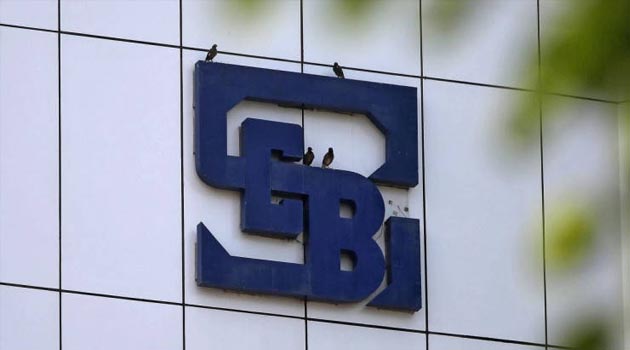SEBI issues new rules for related-party transactions
Sebi has made sweeping changes to strengthen the monitoring and enforcement of norms pertaining to related-party transactions. The regulator has tweaked the definition of ‘related party’ and ‘related-party transactions’ (RPTs), according to a notification issued.
It made changes to the process followed by a company’s audit committee for approval of RPTs that are material. Further, there will be a format for reporting of RPTs to the stock exchanges.
Cases like Zee, Dish TV and the recent ruling by NCLT in the Videocon case might have probably triggered changes in the RPT framework.
According to experts, any transaction benefiting a related party (even indirectly) will need the approval of the audit committee and shareholders of a listed company. When the transaction is with a third party but may benefit related party will be difficult to identify and can sometimes lead to unnecessary allegations of violation on corporates.
Under the new rules, Sebi said the related party will be any person or entity belonging to the promoter or promoter group of the listed entity.
Besides, any person or any entity, directly or indirectly (including with their relatives), holding 20 per cent or more of the holding in the listed entity during the preceding fiscal and 10 per cent or more with effect from April 1, 2023, will be considered as a related party.




